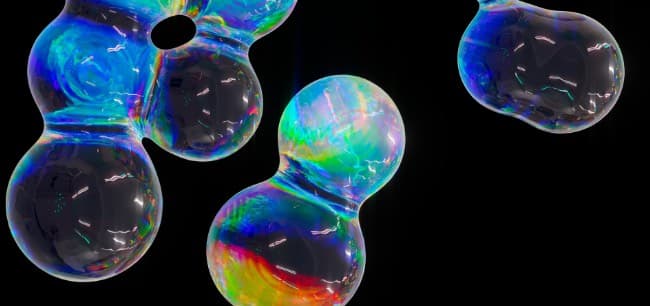ADHD Meds & Sleep
Let’s look at a stereotypical day for someone with ADHD.
An ADHDer struggles to wake up and get going. They could be tired; they could be unmotivated for another day. Could be both. Eventually they get going and start their day.
People with ADHD struggle with differentiating all the stimulation around them from the stimuli society deems important. While this comes “naturally” to non-ADHD folks, ADHDers require lots of active energy, focus, and thought to make this happen. A “normal” day at school, work, or even a trip to the grocery store can be an overstimulating and exhausting ordeal, both mentally and physically.
To personalize this struggle, our son with ADHD is a student and works in a grocery store. After a day of university and work, he arrives home around 11:30 at night. He’s frustrated and overwhelmed. His meds have worn off and he struggles to effectively process his day.
For many non-ADHD people, it can take a couple of hours for the brain to relax from a day’s activities before it’s ready to fall asleep. For those of us with ADHD, our brains can be too overstimulated to let us get to sleep. There might be times that our ADHD-exacerbated rejection sensitivity dysphoria keeps us up all night, and can often make the next day lousy, too.
Regardless of the amount of sleep an ADHDer might get, morning comes and the cycle begins again.
#adhdtips: How ADHD meds are typically prescribed
If you’re on ADHD meds, most prescribers look at your situation from a society-centric model: you only need to be functional during the day “when you need to do things” at school or work and “be ready to interact with people”. They write the scripts for a dose in the morning, and— if you’re lucky— a second dose in the afternoon. Even if your provider will prescribe three doses a day, most insurance plans will not cover a third daily dose which could dramatically alter your quality of life. ADHDers are on their own once the second dose wears off sometime in the evening.
Along with focus, ADHD brains struggle to regulate arousal states. Over stimulation may lead to physical or verbal outbursts of frustration. Regardless of their fatigue level, some ADHDers may doze off or fall asleep when they’re under-stimulated.
When ADHD meds wear off, we’re left alone in our heads, listening to the unmitigated— and often negative— chatter of our ADHD brains. When we’re in a space of anxiety, ADHD brains can get ruminative, especially about something that’s causing us stress. All this can lead to feelings of shame and unworthiness.
When bedtime comes around and an ADHDer finally falls asleep, sleep is often not restful. Our unmedicated ADHD brains continue to run at full speed and ruminate about everything wrong with us and our world.
Another night of poor sleep quality and quantity builds upon a previous lack of sleep. Days blend into nights which blend into more exhausted days and restless nights. This cycle is not something that traditional sleep hygiene or talk therapy can resolve: you cannot think yourself through this. Your best bet is to discuss your sleep patterns with your prescriber and talk about ADHD-friendly medications or supplements that will quiet your brain and help both your brain and body get the rest it needs.







